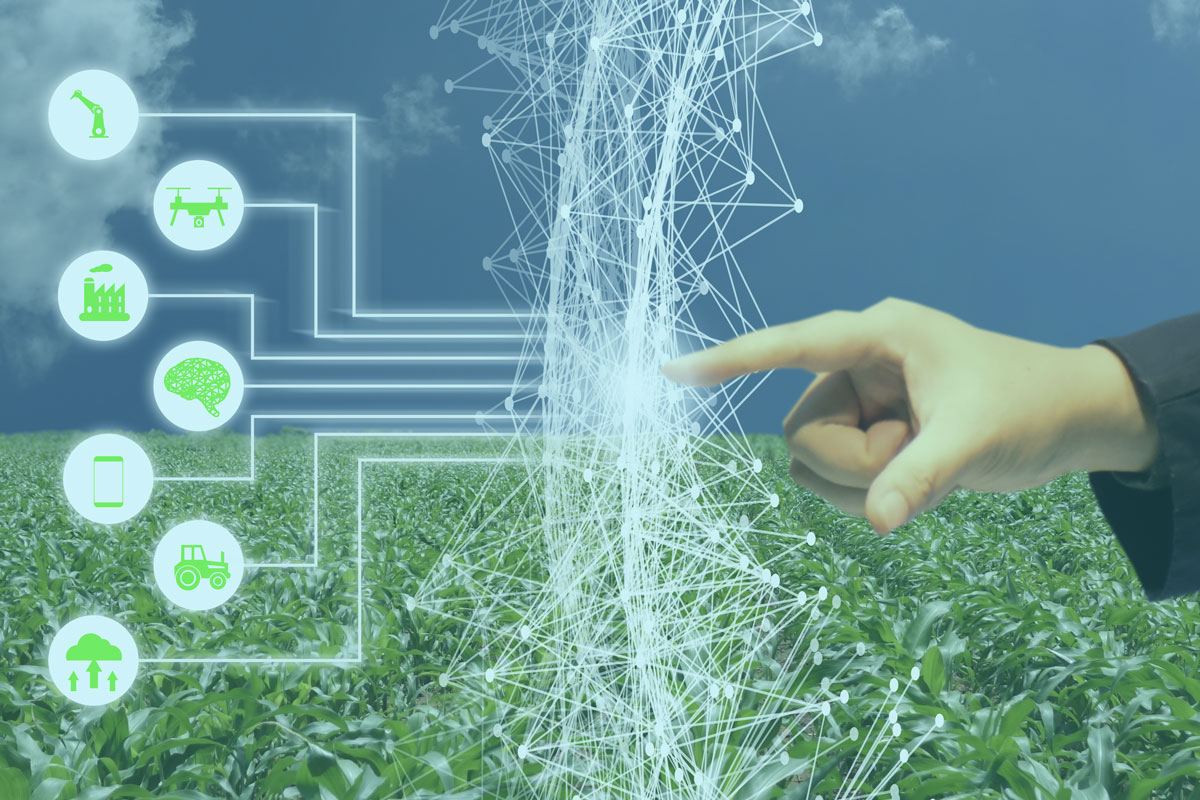In the face of global challenges such as climate change, resource depletion, and a growing population, sustainable agriculture has emerged as a fundamental pillar in ensuring long-term food security. Unlike conventional farming practices that often prioritize short-term gains at the expense of the environment, sustainable agriculture seeks to strike a balance between meeting present needs and preserving resources for future generations.
At its core, sustainable agriculture focuses on minimizing the environmental impact of farming activities. This involves adopting practices that promote soil health, water conservation, and biodiversity. For instance, agroecological approaches emphasize the importance of maintaining natural ecosystems within and around farms to enhance ecological resilience. Crop rotation, cover cropping, and integrated pest management are among the techniques employed to reduce the reliance on chemical inputs and foster a more harmonious relationship between agriculture and the environment.
Water scarcity is a significant concern in many regions, making efficient water management a key component of sustainable agriculture. Technologies such as drip irrigation and rainwater harvesting systems help optimize water use, ensuring that crops receive an adequate supply while minimizing waste. By implementing water-efficient practices, sustainable agriculture contributes to the conservation of this precious resource and helps mitigate the impact of droughts and changing climate conditions.
Furthermore, sustainable agriculture recognizes the importance of social and economic factors in achieving food security. It promotes fair labor practices, community engagement, and equitable distribution of resources. Local and small-scale farming initiatives are encouraged to foster community resilience and reduce dependence on centralized food production systems. This not only supports local economies but also enhances the overall stability of the food supply chain.
A key aspect of sustainable agriculture is the emphasis on resilience to climate change. As extreme weather events become more frequent, farmers face new challenges in maintaining stable crop yields. Sustainable practices, such as agroforestry and conservation tillage, contribute to building resilient farming systems that can withstand the impacts of climate change. By diversifying crops and incorporating adaptive strategies, sustainable agriculture helps farmers adapt to unpredictable weather patterns and ensures a more stable food supply.
In conclusion, the role of sustainable agriculture in ensuring food security is paramount in the face of environmental challenges and population growth. By prioritizing environmental stewardship, resource efficiency, and social responsibility, sustainable agriculture provides a holistic approach to meeting present food needs without compromising the ability of future generations to meet their own. As the global community strives to create a more sustainable and resilient food system, the principles of sustainable agriculture stand out as essential guiding principles for the future of farming.

+ There are no comments
Add yours